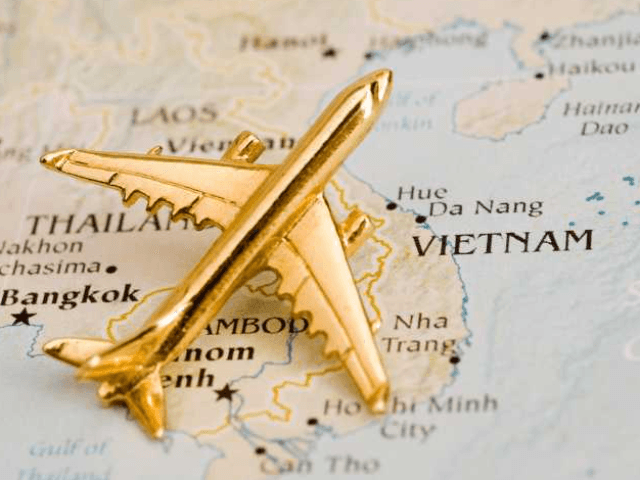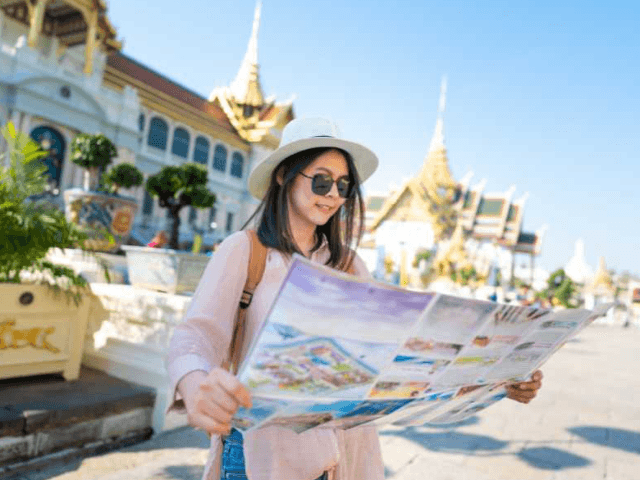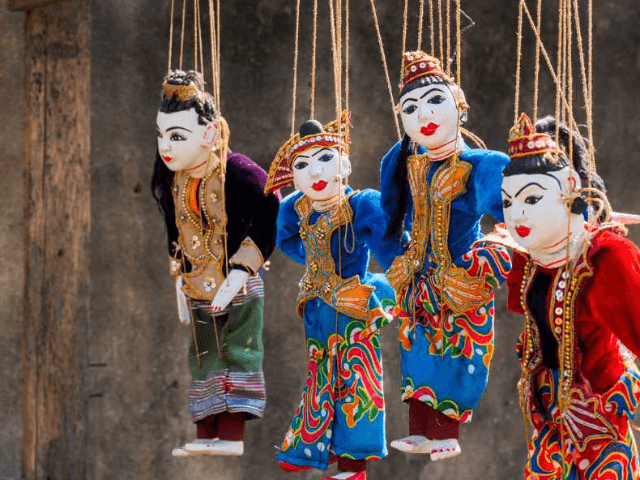This guide will walk you through practical, inspiring ways to enjoy sustainable travel in Cambodia - from staying in eco-friendly resorts to joining community-based tourism projects. Whether you’re interested in Cambodia wildlife conservation or simply want your trip to feel more authentic, you’ll discover how small choices can add up to big impacts.
TABLE OF CONTENTS
1
Why Responsible Travel in Cambodia Matters in 2025
2
Ethical Wildlife Tourism in Cambodia
Ethical Elephant Sanctuaries in Cambodia
Cambodia Wildlife Conservation Projects
3
Community-Based Tourism in Cambodia
Tonle Sap Floating Villages (Beyond the Tourist Traps)
Eco-Lodges and Homestays in Rural Cambodia
4
Sustainable Travel Practices Every Visitor Should Follow
5
How to Choose Ethical Tours in Cambodia
6
Practical Tips for Responsible Travel Cambodia
7
Conclusion - Be Part of Ethical Tourism Cambodia’s Future
Why Responsible Travel in Cambodia Matters in 2025
• The Pressures of Mass Tourism
Places like Angkor Wat and Tonle Sap Lake attract millions each year. While this brings income, it also creates issues such as overcrowding, temple erosion, plastic waste, and stress on fragile lake ecosystems. Communities living around Tonle Sap especially feel the impact, as their traditional way of life is disrupted.

• The Challenge of Wildlife Exploitation
For many years, Cambodia’s tourism industry promoted elephant rides, animal shows, and poorly managed zoos. These activities may look appealing to tourists but cause lifelong harm to animals and spread the wrong message about conservation.
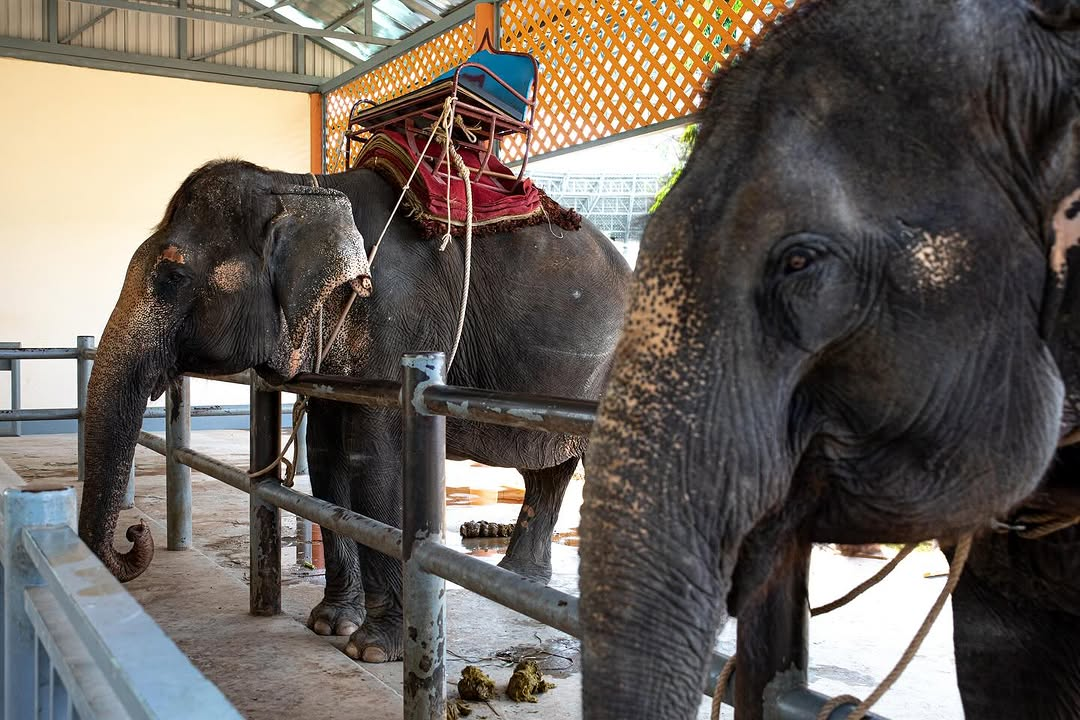
• A Shift Toward Community & Sustainability
The good news? Cambodia is changing. Local families are opening their doors through community tourism projects, inviting travelers to share meals, stay in homestays, and learn about farming or crafts. At the same time, wildlife sanctuaries are emerging, offering ethical alternatives where animals are protected, not exploited.
• Why It Matters for Travelers
By embracing responsible travel in Cambodia, visitors don’t just reduce harm-they actively contribute to preserving culture and nature. And in return, they enjoy authentic connections and experiences that go far beyond what mass tourism can offer.
Ethical Wildlife Tourism in Cambodia
Ethical Elephant Sanctuaries in Cambodia
For years, elephant riding was marketed as a must-do in Southeast Asia, but the reality is far from magical. Training elephants for rides often involves cruel practices and the weight of carrying tourists damages their health over time. Thankfully, Cambodia is now home to sanctuaries where elephants can live freely without exploitation.
Two of the most respected are the Mondulkiri Project and the Elephant Valley Project in Mondulkiri Province.
Here, instead of riding, visitors spend the day walking alongside elephants, watching them forage in the forest, or helping prepare their food. It’s a chance to connect with these gentle giants in a way that is ethical, educational, and unforgettable - a true highlight of responsible travel in Cambodia.

Cambodia Wildlife Conservation Projects
Wildlife protection in Cambodia extends far beyond elephants. Just outside Phnom Penh, the Phnom Tamao Wildlife Rescue Center provides a safe haven for rescued sun bears, gibbons, and other endangered species. Visitors can join guided tours to learn about the challenges of Cambodia wildlife conservation and how rescued animals are being rehabilitated.
Along the coast, marine conservation projects on Koh Rong Samloem give travelers the chance to support coral reef protection, beach clean-ups, and sustainable fishing education. Spending even a day volunteering or donating helps ensure Cambodia’s rich biodiversity thrives for future generations.
By choosing these ethical travel experiences in Cambodia, visitors not only enjoy rare wildlife encounters but also directly contribute to protecting the country’s natural treasures.
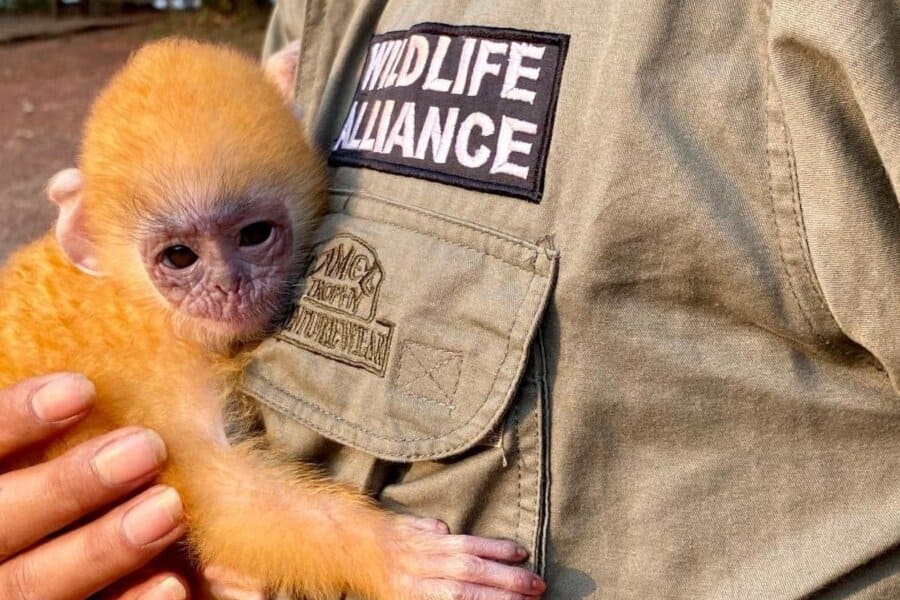
Community-Based Tourism in Cambodia
Tonle Sap Floating Villages (Beyond the Tourist Traps)
Many travelers visit Tonle Sap Lake, Southeast Asia’s largest freshwater lake, but not all tours are created equal. Some commercial boat trips exploit the communities, offering little benefit to locals and turning villages into tourist “shows". Responsible travelers can make a difference by choosing ethical Tonle Sap floating village tours that are run by or in partnership with local families.
These experiences go far deeper than snapping photos of stilt houses. You’ll learn about the fishing culture, seasonal floods, and how water shapes everyday life. Sharing a meal with a host family or supporting small businesses - like local craft cooperatives - ensures your visit directly benefits the community while giving you a more authentic perspective on Cambodia community tourism.
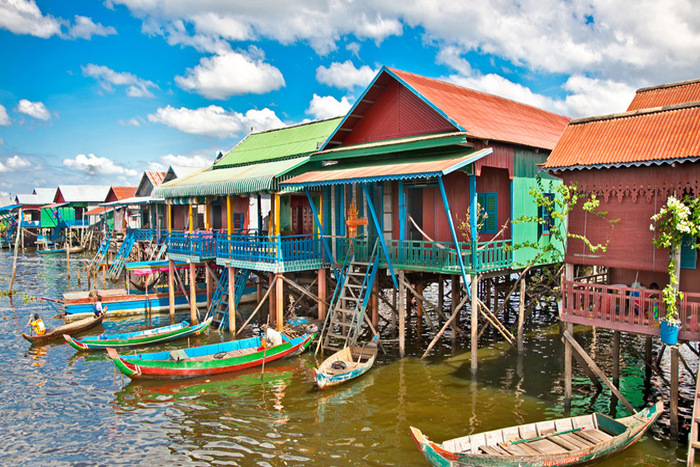
Eco-Lodges and Homestays in Rural Cambodia
For travelers craving quiet landscapes and authentic encounters, eco-lodges in Cambodia and community homestays are the way to go. One inspiring model is Chambok Community-Based Tourism in Kampong Speu Province. Here, villagers host guests in simple homestays, guiding them on hikes to waterfalls, teaching traditional cooking, or demonstrating handicrafts passed down through generations.

Staying overnight means more than just a bed-it’s a cultural exchange. You share stories, join daily routines, and support rural families through your presence. Eco-lodges across Cambodia also emphasize sustainability: solar-powered bungalows, farm-to-table meals, and nature-friendly tours that leave minimal impact on the environment.
By choosing Cambodia community tourism initiatives like these, travelers contribute to long-term economic resilience, cultural preservation, and a more sustainable travel Cambodia experience.
Sustainable Travel Practices Every Visitor Should Follow
Traveling through Cambodia responsibly doesn’t require drastic changes-it’s often the small, thoughtful choices that make the biggest impact. Here are simple yet meaningful practices to adopt during your trip:
1. Cut Down on Single-Use Plastics
Cambodia faces growing waste challenges, especially in tourist hubs. Instead of buying bottled water daily, carry a reusable bottle and refill at free or low-cost water refill stations in Siem Reap and Phnom Penh. Many eco-friendly resorts and cafés now offer refill services, helping reduce plastic pollution.
2. Support Local Artisans and Communities
Skip mass-produced souvenirs and shop directly from local artisans, women’s cooperatives, and craft villages. Whether it’s handwoven silk scarves, wood carvings, or recycled crafts, your purchase supports families, preserves traditions, and strengthens Cambodia community tourism.

3. Choose Greener Transportation
Instead of short-haul flights, opt for buses, bikes, tuk-tuks, or even walking tours to explore. Cycling through Angkor, strolling riverside boulevards in Phnom Penh, or taking a scenic bus to Battambang not only lowers your carbon footprint but also lets you see daily Cambodian life up close.
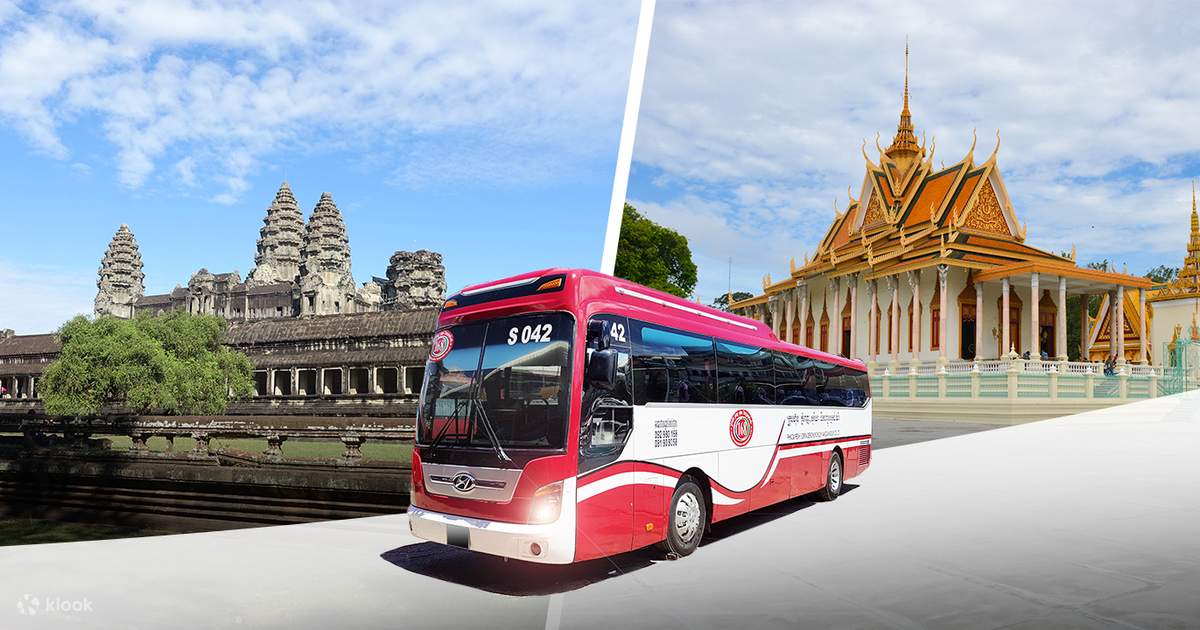
4. Stay in Eco-Friendly Resorts & Lodges
Booking with eco-friendly resorts in Cambodia or community homestays ensures your money supports sustainable practices. From solar-powered accommodations to organic farm-to-table meals, these places are designed to protect nature while offering authentic experiences.
Adopting these habits makes your journey part of the solution-helping Cambodia grow as a leader in sustainable travel and eco-friendly tourism.
How to Choose Ethical Tours in Cambodia
With Cambodia’s growing tourism industry, it’s important to know which tours make a positive difference-and which ones to avoid. Choosing wisely ensures your trip contributes to responsible travel Cambodia while protecting vulnerable communities and wildlife.
🚩 Red Flags: Tours to Avoid
-
Orphanage Tourism: Many “orphanages” exploit children for donations, with most kids not truly orphaned. Avoid any tour that promotes visits to orphanages or children’s homes.
-
Wildlife Selfies & Performances: If a tour encourages holding animals, taking selfies with chained wildlife, or watching animals perform tricks, it’s not ethical. These practices exploit animals and disrupt natural behaviors.
-
Cheap Mass Tours: Rock-bottom prices often mean exploitation-low wages for guides, poor animal treatment, or fake cultural experiences staged only for tourists.

✅ Green Flags: What to Look For
-
Certified Sustainable Tourism Projects in Cambodia: Look for accreditation or recognition by global standards such as Travelife, Global Sustainable Tourism Council (GSTC), or local Cambodian sustainable initiatives.
-
Community Partnerships: Ethical tours should directly benefit local people-whether by hiring local guides, using family-owned homestays, or reinvesting in villages.
-
Transparency: Responsible operators are upfront about where your money goes and how it supports conservation, education, or livelihoods.

🌿 Platforms & Operators That Promote Responsible Tourism
-
NGO-Backed Projects: Tours run in partnership with NGOs ensure accountability-examples include community ecotourism in Chambok or marine conservation projects in Koh Rong Samloem.
-
Responsible Travel Agencies: Reputable companies (like Threeland Travel) design itineraries that balance cultural immersion, environmental protection, and ethical wildlife experiences.
-
Traveler Reviews & Word-of-Mouth: Always check independent reviews for signs of authenticity-sustainable tours are praised for their meaningful impact, not just their price.
By spotting red flags and prioritizing green flags, you’ll ensure your Cambodia adventure supports ethical tourism Cambodia while delivering richer, more authentic experiences.
Practical Tips for Responsible Travel Cambodia
Traveling responsibly in Cambodia doesn’t have to be complicated-it’s about making small choices that lead to a big impact. Here are some Cambodia travel tips to keep your journey ethical, sustainable, and respectful.
Best Time to Travel Sustainably
If you want to avoid peak crowds while still enjoying great weather, travel in the shoulder months of November or March. You’ll ease pressure on popular sites like Angkor Wat while still experiencing Cambodia at its best. Fewer tourists also mean more authentic interactions with locals.
Apps & Resources for Eco Stays
-
Looking for eco lodges in Cambodia or homestays that give back to communities?
-
Booking.com (Eco-Certified filter) → Find accommodations that meet international sustainability standards.
-
Ecobnb & Green Pearls → Platforms dedicated to eco-friendly stays worldwide, often featuring rural Cambodia gems.
-
Local NGOs & Community Tourism Sites → Such as Cambodia CBET (Community-Based Ecotourism Network), which connects travelers with authentic homestays and eco-lodges.
Respecting Khmer Culture
When engaging with locals, keep in mind:
-
Dress Modestly: Especially when visiting temples-cover shoulders and knees.
-
Learn Simple Khmer Phrases: A “Sous-dey” (hello) or “Arkun” (thank you) goes a long way in building genuine connections.
-
Be Mindful with Photos: Always ask before taking pictures of people, especially monks or in rural communities.
-
Support Local Crafts: Buying handmade products directly from artisans helps preserve traditions and livelihoods.
By planning thoughtfully, using the right resources, and showing respect for Khmer culture, you’ll discover how easy and rewarding - it is to travel responsibly in Cambodia.
Conclusion - Be Part of Ethical Tourism Cambodia’s Future
Traveling in Cambodia today is about more than just visiting temples or relaxing on beaches-it’s about choosing experiences that make a difference. From walking beside elephants in ethical sanctuaries to staying in community-run eco-lodges, every step of your journey can help preserve Cambodia’s culture, wildlife, and natural beauty.
Remember: every travel choice matters. The money you spend can either fuel mass tourism or directly support conservation projects and local communities. By opting for responsible travel Cambodia, you’re not just a visitor-you’re part of a growing movement toward sustainable and ethical tourism.
🌿 Ready to experience Cambodia differently?
Plan your sustainable Cambodia tours with Threeland Travel and discover journeys that are meaningful, respectful, and unforgettable. Together, we can shape a brighter future for Cambodia while creating memories that last a lifetime.








